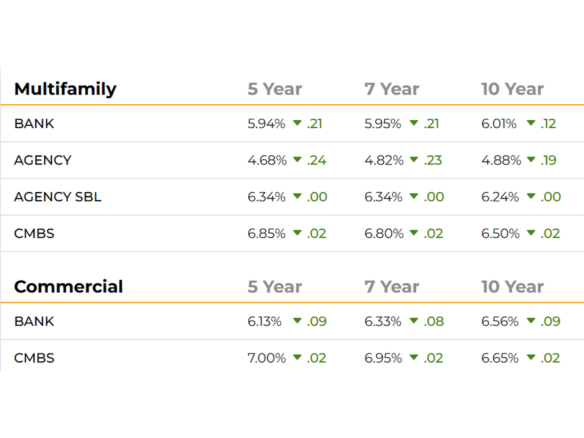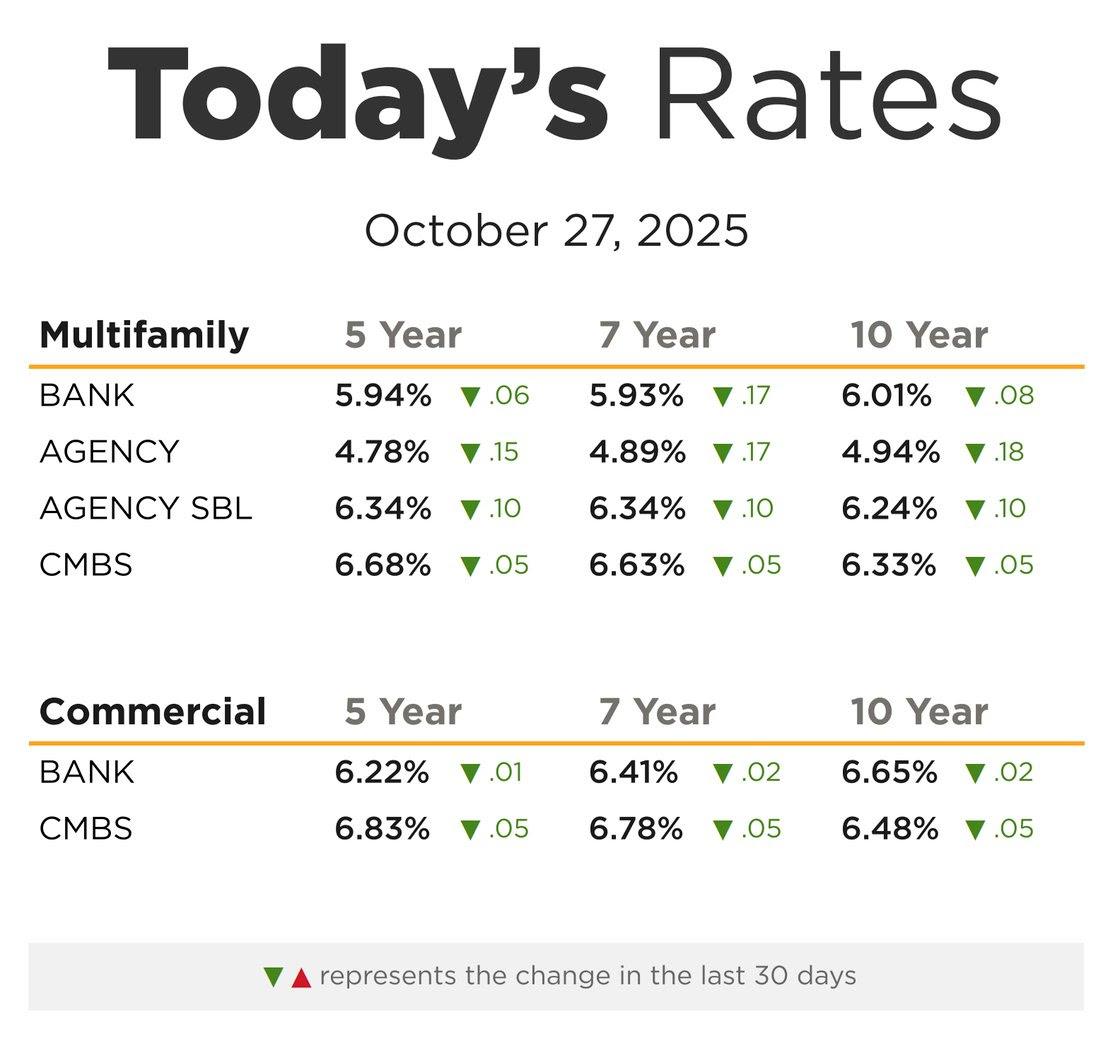A common trade for Multifamily Owners are Net Leased Investments. Marcus & Millichap’s Net Lease Division specializes in providing advisory and transaction services for all types of single-tenant properties. Below is an excerpt from the recently published Marcus & Millichap 2021 U.S. Commercial Real Estate Investment Outlook report
Uncertainty motivates some sellers and buyers. The Biden administration included tax reform that called for the elimination of the like-kind exchange. Section 1031 has also been targeted during previous reform efforts, including the elimination of all assets but real estate with the passage of the Tax Cuts and Jobs Act. Congress is unlikely to take up tax reform until the health crisis dissipates, and there is no guarantee the 1031 exchange will be abolished. Nonetheless, owners considering an exchange in the next year may move plans forward. Capital is likely to follow population migration related to the health crisis. While coastal cities traditionally dominate as origination sources, this trend may accelerate this year. Texas, Arizona and Florida should see an influx of investors. Private
buyers are expected to account for the largest group of investors this year. In 2020, 67 percent of dollar volume was from private buyers, the largest share in more than two decades. That trend will continue during the early stages of 2021, though more institutional capital is expected to participate as the year progresses.
Drugstores and quick-service restaurants top investors’ wish lists. Drugstores fared well during the pandemic as receipts extended nearly 6 percent last year. Continued strength in the sector is attracting both traditional and exchange buyers. Multifamily sellers from California and New York will compete for these properties with local investors throughout the year. Nationwide, average cap rates for CVS and Walgreens are near 6 percent entering 2021, though new construction or assets with favorable lease terms can trade significantly lower. Quick-service restaurants have remained a popular destination for capital throughout the pandemic and momentum is not anticipated to wane. Average cap rates are generally in the high-5 percent range, though they vary by concept. Chick Fil-A and McDonald’s trade 100 basis below that area, while Burger King and Yum Brands have average cap rates on the higher end of the scale. Some cap rate compression between corporate chains and franchisees may occur. Low yields and an abundance of capital chasing assets will encourage more buyers to accept tighter spreads for franchisee-owned properties as the year progresses.
Investors find opportunity in several single-tenant concepts. Discount stores are opening hundreds of new locations across the country this year, offering buyers an avenue to acquire assets with new leases. Typically, first-year yields average in the 7 percent range for all dollar stores, though new locations with freezers and fresh produce will have much lower cap rates. Convenience stores will also change ownership with relative frequency throughout the year at average yields ranging from below 5 percent for WaWa to near 7 percent for Circle K. The wildcard in the single-tenant sector remains casual dining restaurants. Although many locations were unable to open for months during the downturn, the support of a corporate office and the lines of credit that entails should keep
them afloat at a much greater percentage than local restaurants. Auto parts stores should rebound as the health crisis winds to a close in the coming months and commuters resume their daily drive. However, total miles traveled may remain subdued for a long time, lowering the frequency of repairs.

Locations sourced from Creditntell for public companies and company websites for private companies.
* U.S. and Canadian locations
Sources: CoStar Group, Inc.; Real Capital Analytics
Receive Market Insights
Periodic analysis on rents, pricing, cap rates, and transaction activity across Chicago and key suburban markets.






Join The Discussion